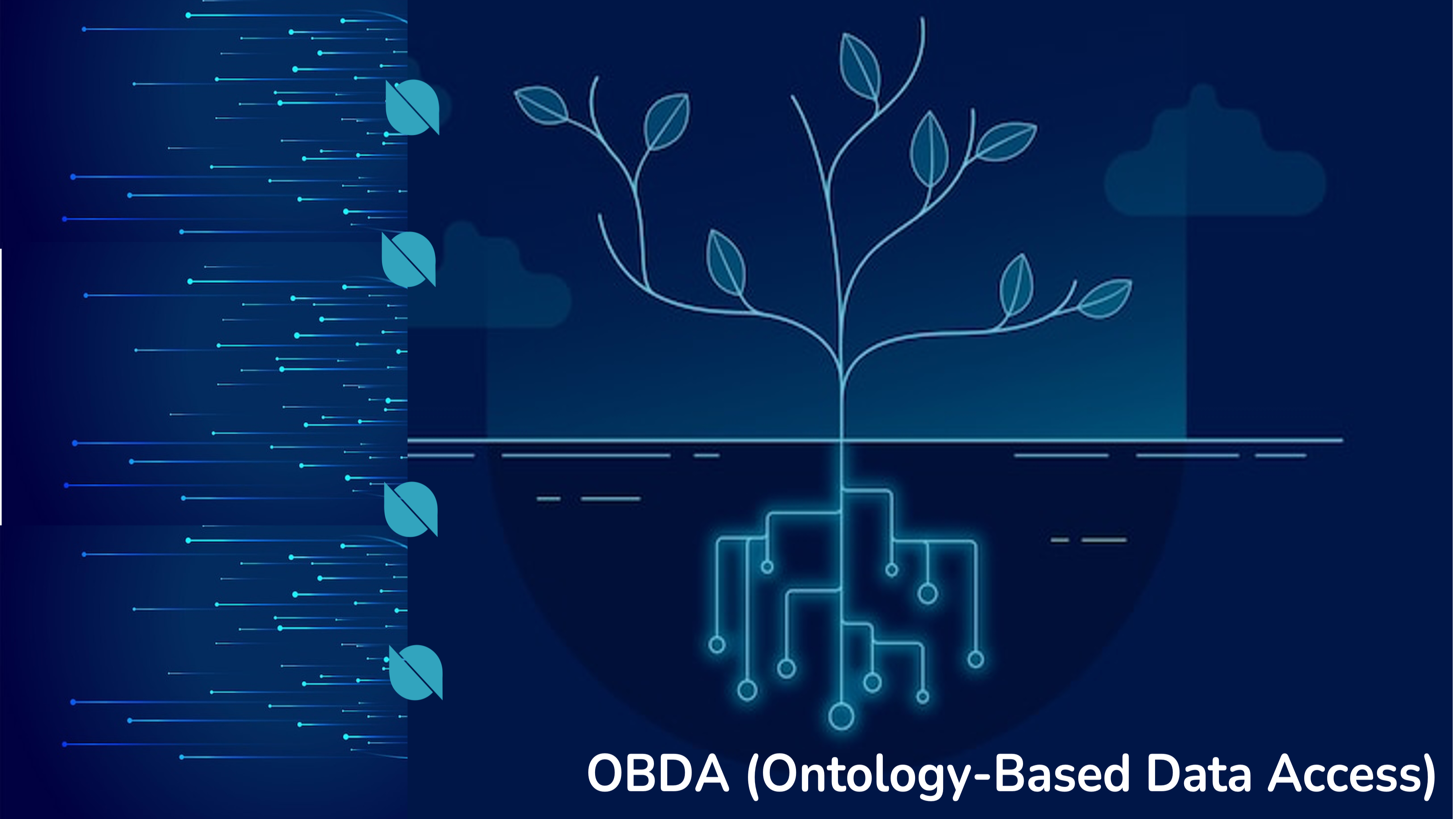
Ontology-Based Data Access in Clinical Research: An In-Depth Exploration
Background:
In philosophy, ontology is the study of being, existence, and the nature of reality. It is concerned with answering deep questions such as:
- What does it mean for something to "exist"?
- What kinds of things exist? (e.g., objects, events, properties, numbers, ideas, etc.)
- How do these entities relate to each other?
Philosophical Context: Ontology, as a branch of metaphysics, explores the fundamental structure of reality. It aims to understand the nature of existence, being, and reality itself. It focuses on the fundamental questions about what exists and how entities are categorized and related in the most general sense. It is metaphysical and abstract. It uses concepts and arguments to explore the nature of existence.
Computer Science Context: In computer science, ontology refers to a formalized, structured representation of knowledge about a particular domain, providing a framework for reasoning, data integration, and artificial intelligence applications. It is a practical tool used to represent knowledge about a specific domain and is designed for reasoning and interoperability in computational systems. It is aimed to provide a structured representation of knowledge, which can be used for tasks like data integration, machine learning, and semantic reasoning. It uses formal languages (like OWL, RDF) and reasoning algorithms to model knowledge in a structured, computable way.
Ontology-Based Data Access
In the ever-evolving landscape of clinical research, the management and integration of heterogeneous data sources pose significant challenges. Ontology-Based Data Access (OBDA) has emerged as a groundbreaking approach to tackle these issues, providing a structured framework for data interoperability and semantic understanding. This article delves into the nuances of OBDA, its application in clinical research, and the manifold benefits it offers.
At its core, OBDA is about leveraging ontologies — formal representations of knowledge within a domain — to access and query data stored in databases. Ontologies define a common vocabulary for concepts and relationships within a specific field, like medicine, which can be represented in languages like the Web Ontology Language (OWL).
Conceptual Modeling: Ontologies provide a conceptual model that simplifies complex data into understandable concepts. This abstraction allows researchers to query data using domain-specific terms rather than needing to understand the intricacies of database structures.
Query Rewriting: OBDA systems automatically translate high-level queries posed in terms of the ontology into SQL or other database query languages, ensuring that data retrieval is both efficient and accessible to non-database experts.
Implementation in Clinical Research
Clinical research involves handling diverse data types, from patient demographics and medical histories to complex biological assays and clinical trial outcomes. Here’s how OBDA can be implemented:
1. Data Integration: Ontologies facilitate the integration of data from various sources, such as electronic health records (EHRs), laboratory information systems, and research databases, by providing a semantic layer that maps different data schemas to a unified model.
2. Semantic Interoperability: By using ontologies, data from disparate systems can be semantically integrated, allowing for more coherent analysis and better decision-making in clinical studies. This is particularly useful for multi-institutional research projects.
3. Data Modeling for Clinical Trials: Ontologies like those developed for clinical trials management (e.g., Epoch) help in creating a uniform representation of trial protocols, patient information, and study outcomes, enhancing the consistency and accuracy of data across different trials.
Benefits of OBDA in Clinical Research
The adoption of OBDA systems in clinical research yields several advantages:
1. Enhanced Data Quality: By defining clear semantic relationships, ontologies help in maintaining data integrity and quality. They ensure that data collected is consistent with defined medical concepts, reducing errors in data interpretation.
2. Improved Data Reusability: Ontologies allow for the reuse of data across different research contexts by providing a standardized way to describe data, thus facilitating secondary use of clinical data for new research questions.
3. Facilitated Data Sharing: With a common ontological framework, data can be shared more effectively among researchers, institutions, or within international collaborations, adhering to data protection and ethical standards. This is particularly beneficial in the context of global health research.
4. Efficient Querying: Researchers can pose complex queries using domain-specific terminology, which are then translated into database queries, making data retrieval more intuitive and less time-consuming. This can significantly speed up the research process.
5. Support for Decision-Making: By providing a clearer understanding of data through ontological concepts, OBDA supports better decision-making in both clinical practice and research, leading to more precise patient eligibility assessments, treatment strategies, and trial designs.
Challenges and Considerations
While OBDA offers substantial benefits, there are challenges:
1. Complexity in Ontology Development: Creating or adapting ontologies to fit the exact needs of clinical research can be resource-intensive, requiring collaboration between domain experts and ontology engineers.
2. Scalability and Performance: Large-scale implementations might face performance issues due to the complexity of query rewriting and the need for robust computational resources.
3. Data Privacy and Security: Ensuring that data access through ontologies respects privacy regulations like GDPR or HIPAA is crucial, adding layers of complexity in terms of data governance.
NOTE:- Ontology-Based Data Access stands out as a pivotal technology in modern clinical research, promising to bridge the gap between raw, disparate data and actionable insights. By enabling semantic integration, enhancing data quality, and facilitating data reuse, OBDA not only accelerates research but also improves the quality and reliability of clinical findings. As this field matures, continued investment in ontology development, alongside addressing scalability and privacy concerns, will be essential to fully harness its potential in driving medical breakthroughs.










